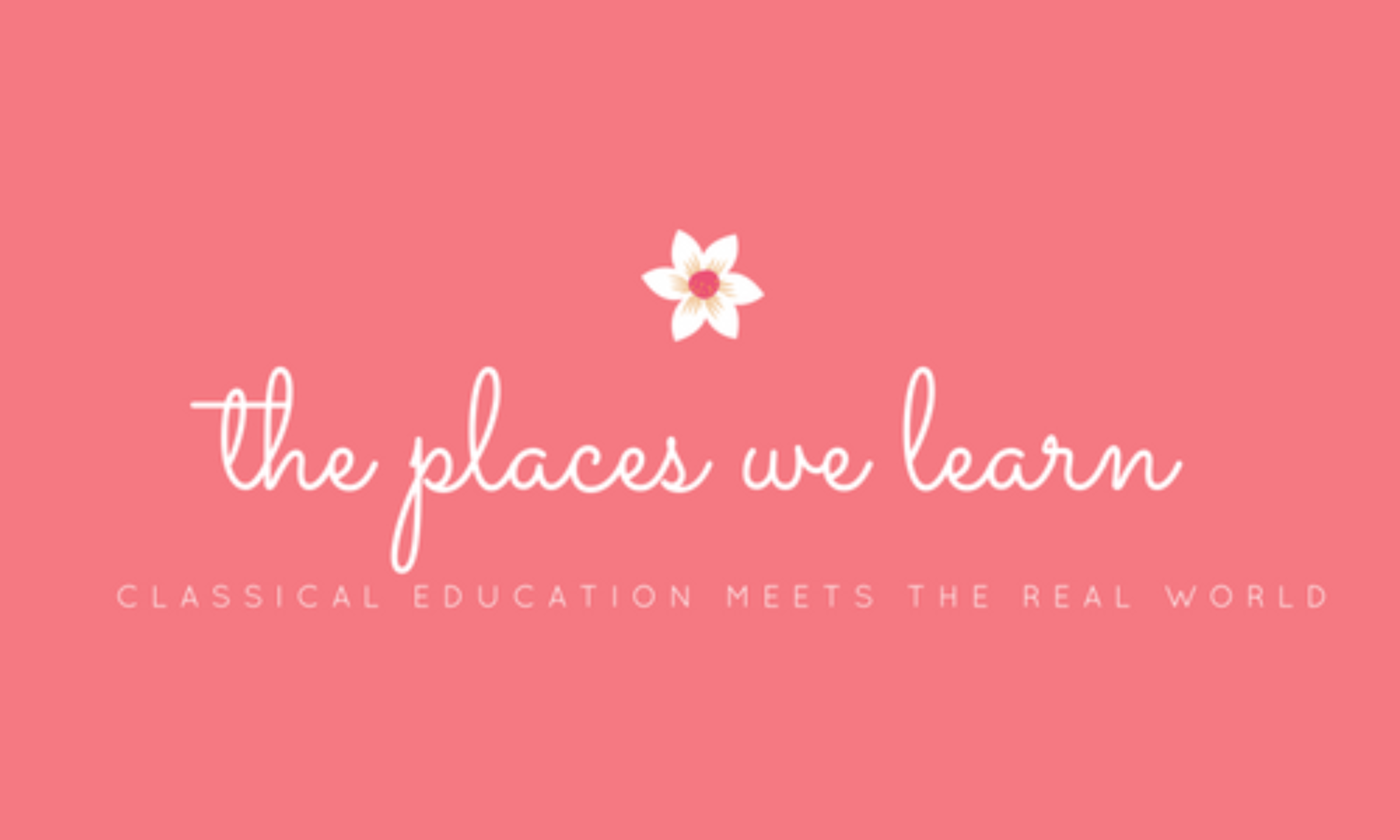Confession: Although I’ve considered myself a classical educator for eight years now, I did not come around to the full importance of memory work in elementary school until three years ago. Finally, the light bulb went off and I got it. You can’t skip the memory work and call it Classical. We did SOME memorization but not enough and honestly, I was overwhelmed with figuring out what to memorize.
Why? Because the very foundation of a classical education involves working with a child’s abilities at each stage. And young children are especially good at memorizing facts. When we wait until high school to ask a student to memorize the countries involved in a war, it’s a lot harder than when ask the same of a seven year old.
Young kids love repetition and repetition leads to memorization. So in Classical Education, we spend most of the elementary years memorizing all kinds of facts. And it may seem disjointed and random at first but it isn’t. It’s paving the way for a super smooth experience through junior high and high school. Classical Education is never just about what we learn today or what we need to do know for a test. It is about connecting what we learn today to everything else we will learn throughout life. The basis for those connections is having a whole lot of facts in our heads that we can then store and connect to other facts as time goes on.
Why Memorize?
Many people argue that memorizing is a waste of time or that there’s no point in having a six year old memorize the seven wonders of the ancient world. But the reality is that memorization is important.
First of all, six year olds memorize by habit anyway. Wouldn’t you rather your child spend a few minutes memorizing something of historical or scientific value rather than the names and theme song of every version of Power Rangers ever made? (OK, most likely they will do both. Mine do! But at least there’s some balance there!).
Second, it’s good brain exercise. If we want them to be lifelong learners and to continue to grow and learn as they get older, teaching them that the first step to learning is to memorize the basic facts they will need is a tool that will follow them through life!
Third, memory work is something they can grow into. Sure, in kindergarten the fact that they can recite parts of the periodic table may not have much context or value. But the familiarity with the periodic table will grow with the child and when it is time to take Chemistry, the child won’t be intimidated.
Finally, when a child has already memorized lots and lots of facts, when it is time to apply that knowledge, school becomes easier. If your teacher asks you to write a persuasive essay on whether or not America should have been involved in WWII, there’s no time wasted trying to figure out who else was involved in the war and what was going on in those countries. You already know, so forming opinions and growing your writing skills can be the focus, rather than being weighed down by a lack of knowledge of the basic facts.
What Do We Memorize?
For us, we now use the Foundations Guide from Classical Conversations as the basis for our memory work. Sometimes I also use some of The Well Trained Mind Press’s memory work, particularly their poetry. But overall, we focus on the Foundations Guide. (Full disclosure: I am a community director for Classical Conversations now. I fell head over heels in love with the program and jumped in full force by my second year). What I like about it is that they’ve already come up with plenty of memory work. The history covers the ancient world all the way through September 11, 2001. The book takes the history and puts it into concise, easy to memorize sentences. There’s also a timeline song that helps you sort everything that’s ever happened so you can remember what else was going on at about the same time. The science covers many different areas: off the top of my head, anatomy, chemistry, geology, astronomy. There are recommended science projects to correspond with the memory work, too. There is also memory work for math, English grammar, geography, and Latin.
It’s one little book that covers nearly all of our needs for all of elementary school. To round things out, we can go to the library and get books to read that correspond with our current history sentence or science topic. We also have to do math curriculum and language arts curriculum, as the memory work in those areas isn’t enough to be a full learning experience.
So whenever I mention reciting memory work that corresponds with our adventures, it’s coming from that book. Most people who use it belong to a Classical Conversations community but you don’t need to be in a community to purchase the book. (Although I highly recommend it–CC communities are a wonderful experience).

